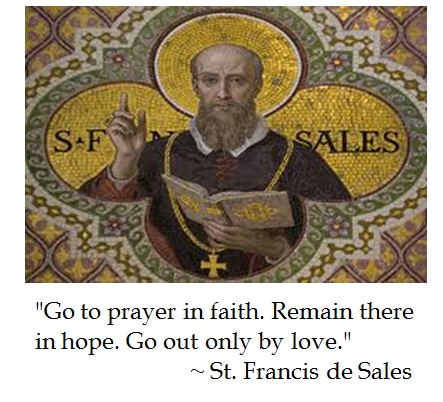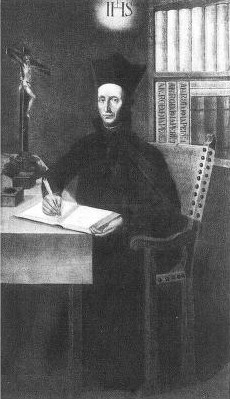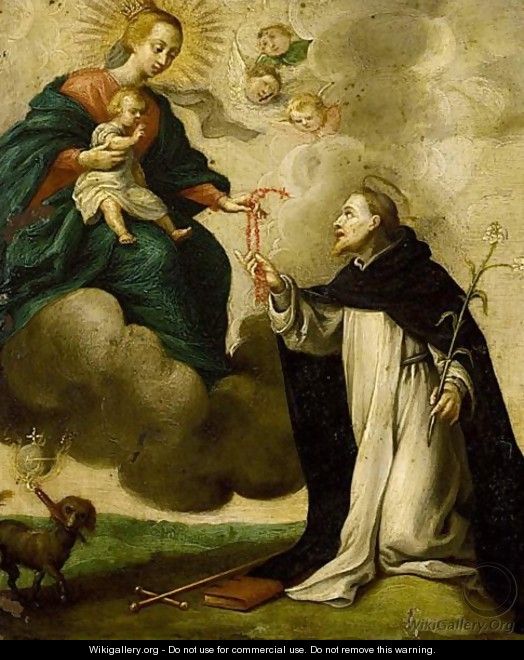I have been struggling with balance and work. Allowing God to guide into greater understanding, ‘Vainity of vanities’ the first Scriptural reading from Mass arises appropriate-a deeper understanding regarding trust, obedience, and hope amidst a life of toil. The contrasting also of a life of idliness, a life of sloth and delusion, a dillitant effort of doing one’s own thing under the guise of freedom, a wanton exercise of intellectual foolishness. The foregoing of a life of toil in order to pursue pleasure, self-glorifying through an attachment to one’s creative efforts. It is the curse and addiction of many artist. Unable to commit to a life of humble brotherhood and servitude, unable to detach from one’s illusion of being gifted-a source and fountain of God’s wisdom, the solitary idle life of an artist perverts and impedes, demonic in formation as practice and years advance. I think of a clownish friend whose words and unemployed ways alight tainted anymore. Cleverness and brilliance appearing purely vain, in essence an avoiding of a simple, humble, authentic life. To toil is to avoid the excess of living solely for one’s glory. Regarding the opposite extreme, to toil too much, to be overwhelmed by work, exercising work weeks seven days in length, is an exhausting austere vanity depleting mind, body, and spirit of the energy necessary for a healthy spiritual life, as well as a peaceful personal life. Let’s explore thoughts of Father Marie-Dominique Philippe on the mystery of St Joseph and life as a worker.
By not wasting time, by remaining focused on his (St Joseph’s) work, by not being excitable or chatty, nor proud or possessive, Joseph performed his work with love . He thus shows us that the Church began with the sanctification of work.
Saint Joseph is not a saint because he was a good worker who knew how to work well with matter. He is the patron saint of workers because he knew how to rise above not only the concern for efficiency and the need to dominate the matter we work with but also above the joy of a job well done, in order to offer it to God.
He did not work in order to become a specialist, or to win a prize, or again for human glory. He worked for the sole reason that God asked him to; he worked in order to fulfill His will. Obedience to God, and the fact of being predominantly concerned with doing His will, gives gentleness to our work.
We do not waste time, and we work without stress or fuss. We work ardently (with the ardor that comes from adoration) yet without agitation, and joyfully — with the joy of giving all our time to God.
As a “just and God-fearing man,” Joseph knew that, since the Fall, God has asked man to work “by the sweat of [his] brow” for six days of the week, and that work is done in obedience to God, to do His will, to become ever more docile to His Spirit, always accepting that we do not “possess” our work. We are always tempted, in fact, to seek visible success; we are tempted by the human glory of having others look at us and be interested in us, of being famous. However, if we seek the glory that comes from men, then true prayer is completely lost; adoration and contemplation are completely lost. Saint Joseph helps us not to give into the temptation of human glory and any form of worldly Messianism.
This is vital, for herein lies a major obstacle to the beatitude of the poor. “Fear of the Lord is the root of wisdom”; in other words, poverty is that without which there is no contemplation. And without interior poverty there is no longer any real divine hope. We can be certain that Saint Joseph never wasted time and that he detested dilettantism. Wherever we find dilettantism, even in a pious, “baptized”form, there is no place there for Saint Joseph. He himself worked too seriously to fall into that trap. He had the seriousness of a true worker. But the seriousness of a true worker is not the same as a bad mood! On the contrary, the more serious we are about our work the more we are in a good mood. Working seriously puts all our grumpiness to flight. Work, in its realism, and in the intention with which we do it (namely, for God and in order to be united to Him by doing the will of the Father), purifies us. Let us not forget that Jesus did not come to free us from work. Work purifies us: it purifies the intelligence from all that is imaginary, which encumbers us, and it also contributes to the purification of our hearts from the imaginary, and from romanticism. It allows fraternal charity to be incarnated… He who claims to love and does not work does not really love: he remains a dilettante, a romantic. Romantic love is never incarnated —it doesn’t need to be, since it is romantic! Realistic love, on the other hand, needs to be incarnated in some form of work. -Father Marie-Dominique Philippe ‘The Mystery of St Joseph’








Recent Comments